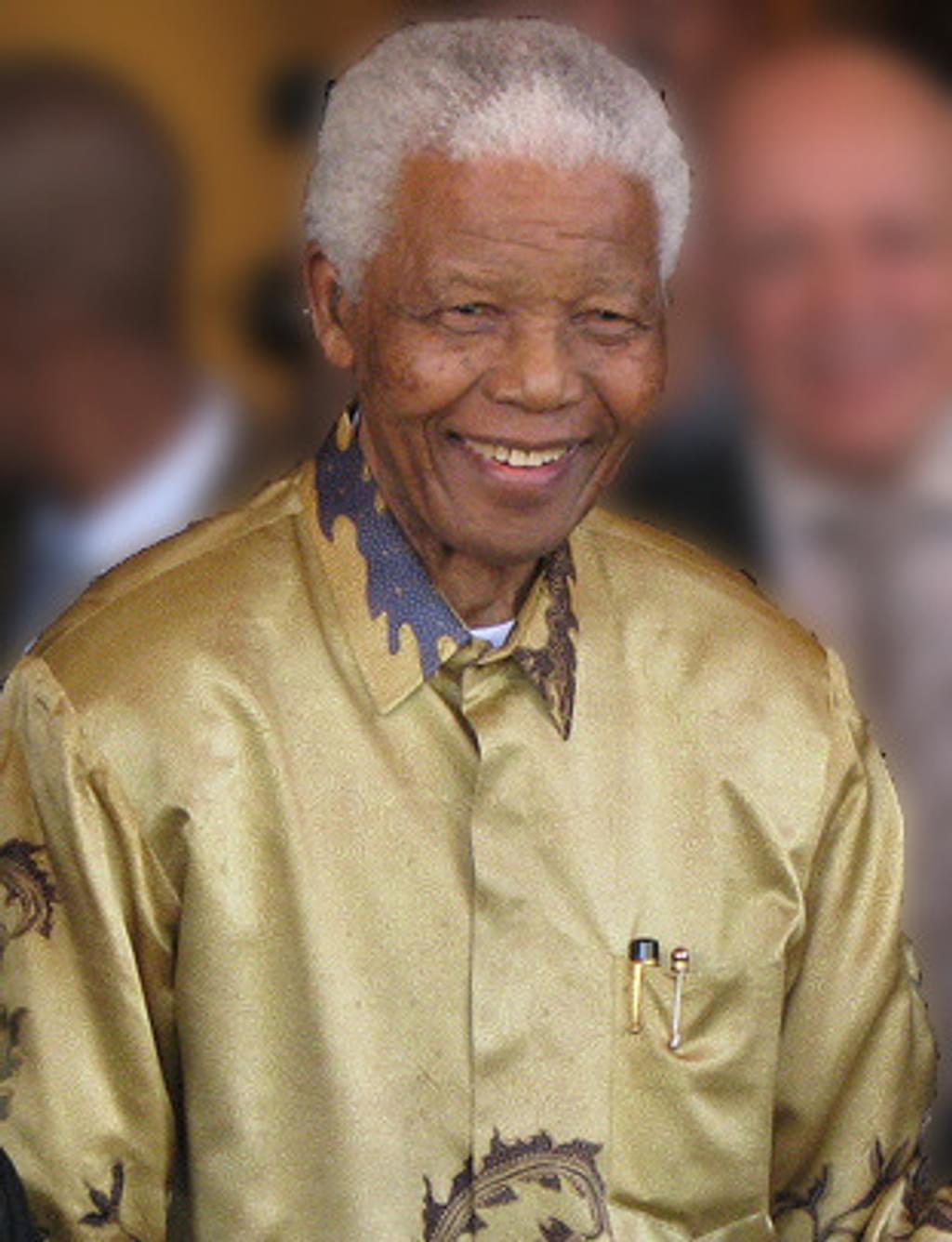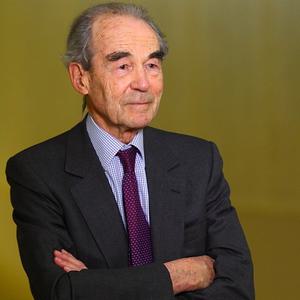
When South Africa’s Constitutional Court was created under then-President Nelson Mandela, its first act was to abolish the death penalty. Justice Arthur Chaskalson, President of the Court, announced its unanimous decision on June 7, 1995, stating, “Everyone, including the most abominable of human beings, has a right to life, and capital punishment is therefore unconstitutional….Retribution cannot be accorded the same weight under our Constitution as the right to life and dignity. It has not been shown that the death sentence would be materially more effective to deter or prevent murder than the alternative sentence of life imprisonment would be.” Under apartheid, the death penalty had been applied much more often to blacks than to whites. Mandela, himself, faced the possibility of a death sentence in his 1962 trial for incitement.
At the time of the Constitutional Court’s decision, the African National Congress applauded the death-penalty ruling, saying, “never, never and never again must citizens of our country be subjected to the barbaric practice of capital punishment.”
(H. French, “South Africa’s Supreme Court Abolishes Death Penalty,” New York Times, June 7, 1995; photo: South Africa The Good News / www.sagoodnews.co.za; DPIC posted Dec. 6, 2013). See History of the Death Penalty and International.
International
Mar 15, 2024

Women’s History Month Profile Series: Sarah Belal, Executive Director of Justice Project Pakistan
International
Feb 12, 2024



